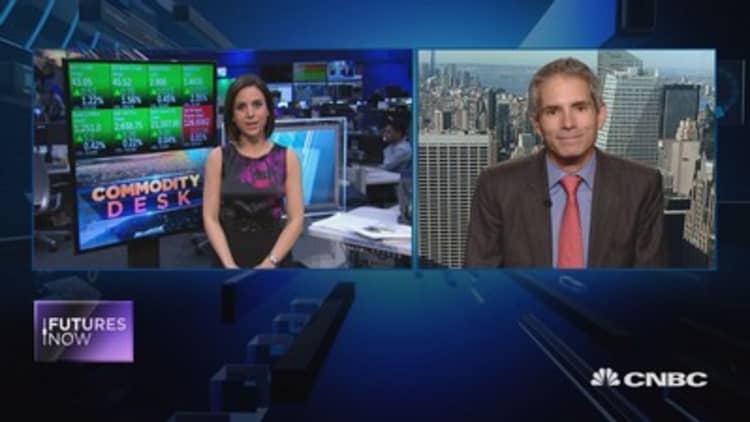
Bond investors may soon pay a hefty price for being too pessimistic about the economy, according to portfolio manager Joe Zidle.
Zidle, who is with Richard Bernstein Advisors, believes the vast amount of money flowing into long-duration bonds is signaling a costly mistake.
"Last week alone, there is a that in one week got more inflows than all domestic equity mutual funds, and all domestic equity ETFs combined year-to-date," he said recently on "Futures Now."
He added: "I think investors are going to be in a real painful trade."
The yield on the 30-year bond, often referred to as the long bond, sank as low as 2.71 percent on Friday, its lowest level since November 9th.
The action in the bond market comes as the has ripped higher, having hit new records this year along with other stock benchmarks.
"Here we are, midway through 2017, and equity markets are up as much year-to-date as they were in all of 2016. And yet investors are afraid," said Zidle.
He notes that the underlying fundamentals suggest the economy is heating up, and that bodes very well for the stock market's performance.
"The data tells you that earnings all around the world are accelerating while interest rates still remain pretty low. That's actually really good for corporate profits," he said.
Therefore, Zidle is encouraging investors to reach for cyclical stocks—particularly financials which have been market laggards so far this year—instead of putting money into bonds.
"I think financials could be the big surprise for the second half of 2017," Zidle said. "Banks and financials are very cyclical. As the economy does better, they're going to do better."



